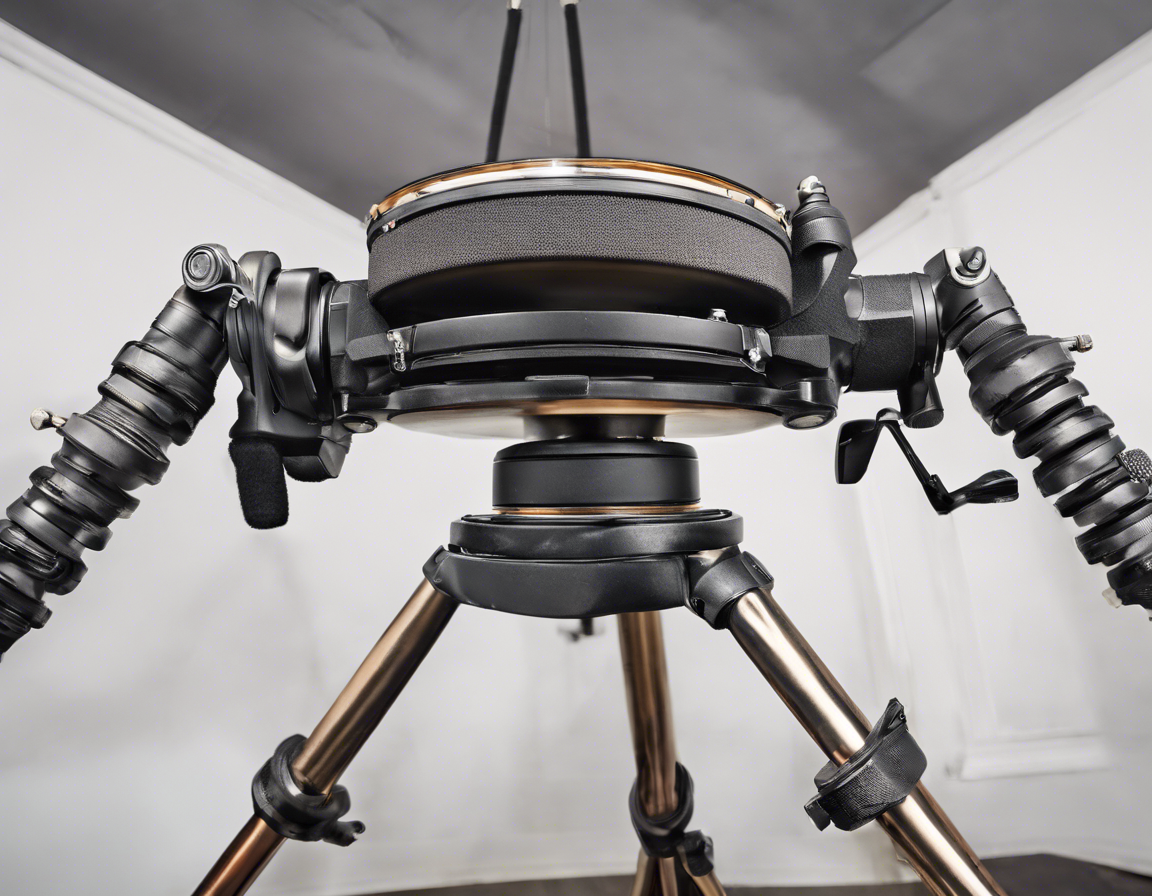
Introduction
Jaipur, the vibrant capital city of Rajasthan, India, is known for its rich culture, historical monuments, and bustling markets. However, the city recently experienced a significant event that has left its residents and visitors concerned: an earthquake. Earthquakes are natural phenomena that can strike at any time, causing damage to property and posing risks to human life. In this article, we will provide updates on the recent earthquake in Jaipur and discuss safety precautions that individuals can take to protect themselves in such situations.
Recent Earthquake in Jaipur
On [Date], Jaipur experienced a moderate earthquake measuring [Magnitude] on the Richter scale. The tremors were felt across the city, causing panic among residents and leading to some structural damages. The epicenter of the earthquake was located [Location], and aftershocks have been reported in the following days.
The earthquake has raised concerns about the city’s preparedness for such natural disasters. While Jaipur is not located in a high-seismic zone, the recent event serves as a reminder of the unpredictability of earthquakes and the importance of being prepared.
Safety Precautions During an Earthquake
Earthquakes can strike without warning, making it essential for individuals to be aware of safety precautions that can help mitigate risks during such events. Here are some key safety tips to keep in mind:
1. Drop, Cover, and Hold On:
– In case of an earthquake, drop to the ground to prevent being knocked over.
– Take cover under a sturdy piece of furniture such as a table or desk to protect yourself from falling debris.
– Hold on to the furniture to maintain your position during the tremors.
2. Stay Indoors:
– If you are indoors during an earthquake, stay inside and avoid rushing outside as buildings can sustain damage during the shaking.
– Move away from windows, glass doors, and heavy furniture that may topple over.
3. Evacuation Plan:
– Have an evacuation plan in place, including identifying safe spots in each room of your home or workplace.
– Practice drills with your family or colleagues to ensure everyone knows what to do in case of an earthquake.
4. Emergency Supplies:
– Keep a well-stocked emergency kit with essentials such as food, water, first aid supplies, and flashlights.
– Store the kit in an easily accessible location that everyone in the household is aware of.
5. Secure Heavy Items:
– Anchor heavy appliances, furniture, and decorative items to the walls to prevent them from falling during an earthquake.
– Consider using safety straps or latches to secure cabinets and bookshelves.
6. Gas and Electricity Safety:
– Know how to turn off the gas supply to your home in case of a leak to prevent fire hazards.
– Avoid using open flames or candles immediately after an earthquake, as gas leaks can lead to explosions.
7. Stay Informed:
– Stay updated with local news and alerts to receive information about the earthquake and any potential aftershocks.
– Follow guidance from authorities and be prepared to evacuate if necessary.
Frequently Asked Questions (FAQs)
1. What should I do if I am outdoors during an earthquake?
If you are outside during an earthquake, move to an open area away from buildings, trees, and power lines. Avoid standing under overhead structures that may collapse.
2. How can I help someone who is injured during an earthquake?
If someone is injured during an earthquake, prioritize your safety first before providing assistance. Administer basic first aid if you are trained to do so and seek help from emergency services as soon as possible.
3. Is it safe to use elevators during an earthquake?
No, it is not safe to use elevators during an earthquake as they may malfunction or get stuck. Take the stairs to evacuate the building safely.
4. Should I immediately evacuate my home after an earthquake?
If your home sustains significant damage during an earthquake or if there is a risk of structural collapse, evacuate immediately. However, if it is safe to stay indoors, follow the recommended safety precautions until the shaking stops.
5. Are earthquakes predictable?
While scientists can forecast the probability of earthquakes in certain regions, predicting the exact time and magnitude of an earthquake remains a challenge. It is essential to be prepared for earthquakes regardless of their predictability.
Conclusion
In conclusion, earthquakes are natural disasters that can have devastating consequences if proper safety precautions are not followed. The recent earthquake in Jaipur serves as a reminder of the importance of being prepared and aware of how to respond during such events. By following the safety tips outlined in this article and staying informed about emergency protocols, individuals can better protect themselves and their loved ones in the event of an earthquake.







